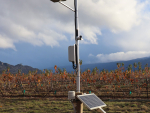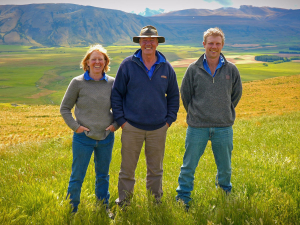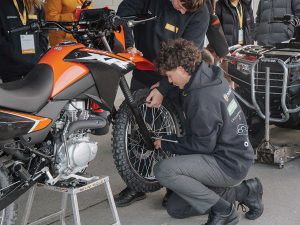An impasse between the Ministry for Primary Industries (MPI) and apple and stonefruit growers is continuing.
MPI issued the revised directions under s122 of the Biosecurity Act one minute before the 5:00pm deadline set by the High Court yesterday. However, apple and stonefruit growers aren’t happy.
The revised directions refer to the tens of thousands of apple (Malus) and stonefruit (Prunus) plants previously seized by MPI under s116 of the Biosecurity Act, which was deemed unlawful following a High Court judicial review.
“It appears that MPI has taken what it calls ‘a more generalised approach’, rather than the required specific and targeted approach encouraged by the High Court,” says Kerry Sixtus, owner of Pattullo’s Nurseries Limited in Napier.
“Essentially, it appears that all of the plants that were contained under s116 have simply been transferred to the new order and are now contained under s122.
“We are very concerned that the new directions provide no guarantee as to when any of the plants will be released from containment. There has been no commitment from MPI to timelines, which makes our lives and the prospect of commercialising any of these plants extremely challenging,” says Sixtus.
Since the High Court ruling, the plants and plant materials have been subject to interim orders, requiring the parties to contain selected plant materials in an appropriate quarantine facility and allowing all other plant material to remain in situ and be subject to a spraying and/or netting programme agreed with MPI.
“The directions do not appear to differentiate between plant material that has been directly imported from the CPCNW, and material that has been propagated in New Zealand or take into account the age and growing stage of the various plants,” says Sixtus.
“MPI has given us little hope of bringing some of the innovative plant varieties through to commercial production in a realistic timeframe to enable us to compete with global markets.
“We are no closer to a suitable resolution than we were three weeks ago. We will continue to fight but the prospect of turning our back on our lifetime’s work, burning everything and walking away is still very real. This is not an acceptable outcome,” he says.
The group will take some time to carefully review and consider the new directions and testing plan.


















